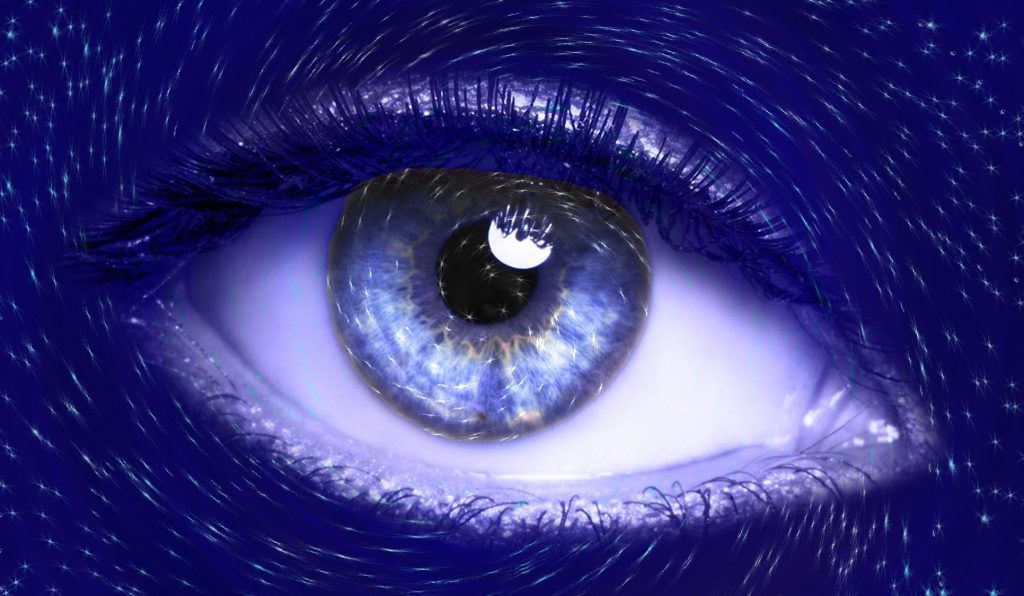- You are here:
- Home »
- Blog »
- Your Eyes »
- Night vision problems-common causes and cures

Night vision problems-common causes and cures
Have you been struggling with your vision at night? Here are some of the most common causes:
A need for glasses: This is probably the most likely explanation for reduced vision at night. It’s also easy to test and correct too.
Cataracts are a clouding of the lens of the eye and are the second most common cause of poor night vision in older adults.
- Decreased night vision is often the first symptom of cataracts
- Many patients will see halos or a glare around lights, especially at night.
- Night vision may be restored with cataract surgery.
A deficiency in Vitamin A can be another factor in poor night vision as it is essential for the health of the retina.
- Vitamin A deficiency is a rare cause of night vision problems or night blindness, but it is mostly seen in patients with Crohn’s disease, celiac disease, cystic fibrosis or pancreatic insufficiency.
- Vitamin A is found in carrots and yellow or green leafy vegetables.
- If you suffer from any of the mentioned diseases, be sure you are getting plenty of vitamin A in your diet by eating the right vegetables or taking a vitamin supplement.
Zinc is an important partner to vitamin A as the presence of zinc makes Vitamin A more effective in the body.
- Beef, poultry, beans and nuts are all sources of zinc.
- If you don’t eat meat, you may want to consider taking a zinc supplement.
Prolonged eye exposure to brightness from the sun can be extremely damaging and affect your night vision for up to 48 hours, but isn’t permanent.
- Wearing sunglasses will help you maintain night vision after time spent outside.
Poor night vision is an early sign of diabetic retinopathy (diabetes) which gradually damages the retina of the eye. A prolonging adjustment time in your vision after coming indoors from being outside in bright light is another sign of retinopathy.
- Diabetic retinopathy can be prevented when blood sugar levels are controlled with medicine and diet.
- Laser eye surgery can also be performed to destroy the tiny blood vessels formed by retinopathy that can impair vision.
Following LASIK laser eye surgery some people may experience impaired night vision, alhough this is uncommon.
- Most common problems are seeing glares and halos around lights or other objects at night.
- Before undergoing LASIK surgery, discuss your risk of night vision problems with your doctor. Some people may be more prone to developing night vision problems after LASIK.
Retinitis pigmentosa is a rare genetic disorder affecting young people with night vision problems being an early symptom.
- This rare disorder causes progressive degeneration of the retina.
About the Author admin
Related Posts
Delaying the Onset of Myopia in your Children
Read this before your child wears Miyosmart glasses for myopia [IMPORTANT]
Bhavin Shah
History of Central Vision Opticians
How COVID-19 could have changed your children’s eyes and vision forever?
MiyoSmart by Hoya: a revolutionary spectacle lens to help combat myopia
6 Tips On How To Protect Your Eyes During Lockdown
We Are Still Open For All Your Eyecare Needs | COVID-19 November Update
Popular posts
Session expired
Please log in again. The login page will open in a new tab. After logging in you can close it and return to this page.
